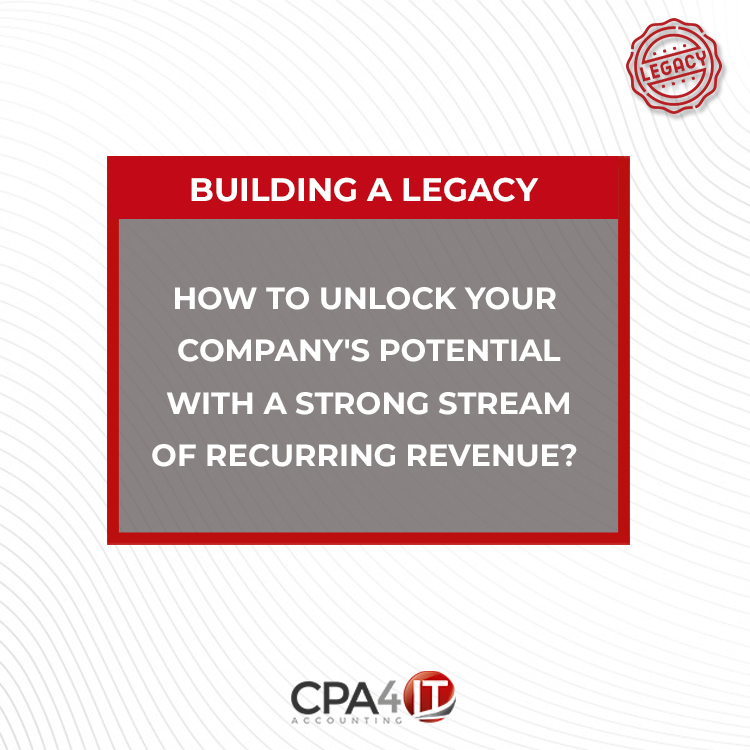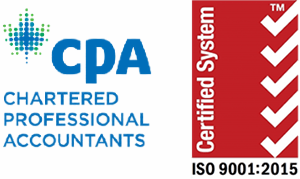The importance of recurring revenue in determining the value of a company cannot be overstated. The more an acquirer can see where a company’s future sales will come from, the higher the value they will place on the business. A recurring revenue stream acts as a way to predict future sales, making a company more desirable and valuable to potential buyers.
Here’s a hierarchy of recurring revenue, from least to most valuable in the eyes of an acquirer:
- Consumables: These are products that customers purchase regularly but have no particular brand loyalty, such as shampoo or toothpaste.
- Sunk-money consumables: Products that require an initial investment, such as razor blades, where customers have a vested interest in purchasing compatible products.
- Renewable subscriptions: Paid in advance, such as magazines, creating a positive cash-flow cycle.
- Sunk-money renewable subscriptions: Products that require an initial investment, such as the Bloomberg Terminal, where customers must first purchase or lease the platform to subscribe to its services.
- Automatic-renewal subscriptions: Services that automatically charge customers as long as they continue to use the service, such as document storage with Iron Mountain.
- Contracts: The most valuable type of recurring revenue, such as wireless phone contracts, where customers are tied into a long-term agreement in exchange for a free phone.
When putting a business up for sale, the focus is on the future, not just the present. If a company does not have a recurring revenue stream, it’s important to find a way to create one, given the type of business. This will increase the predictability of future revenue, the value of the business, and the interest of potential acquirers.







